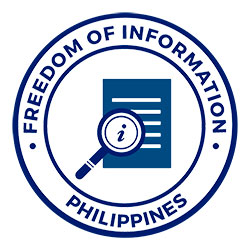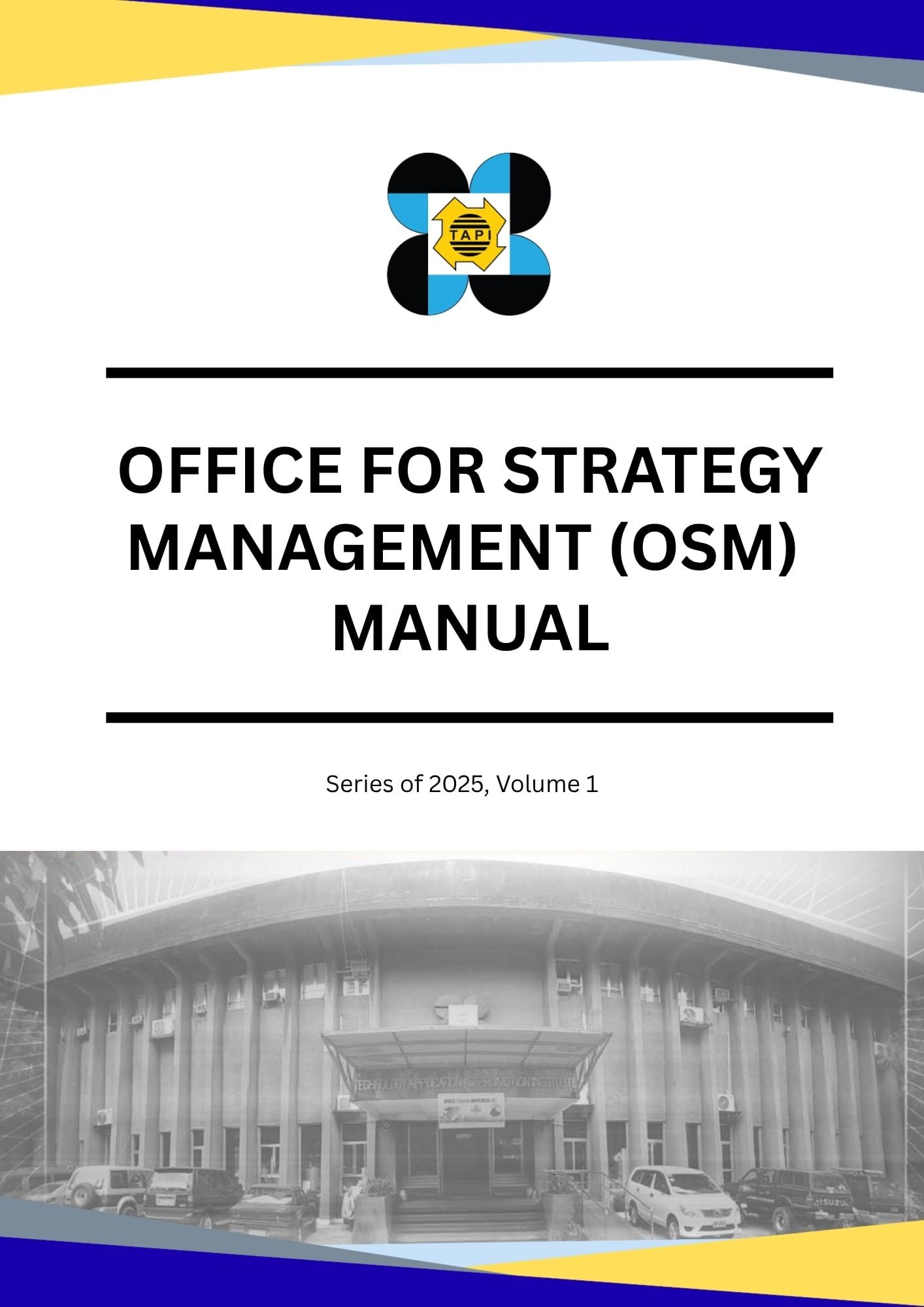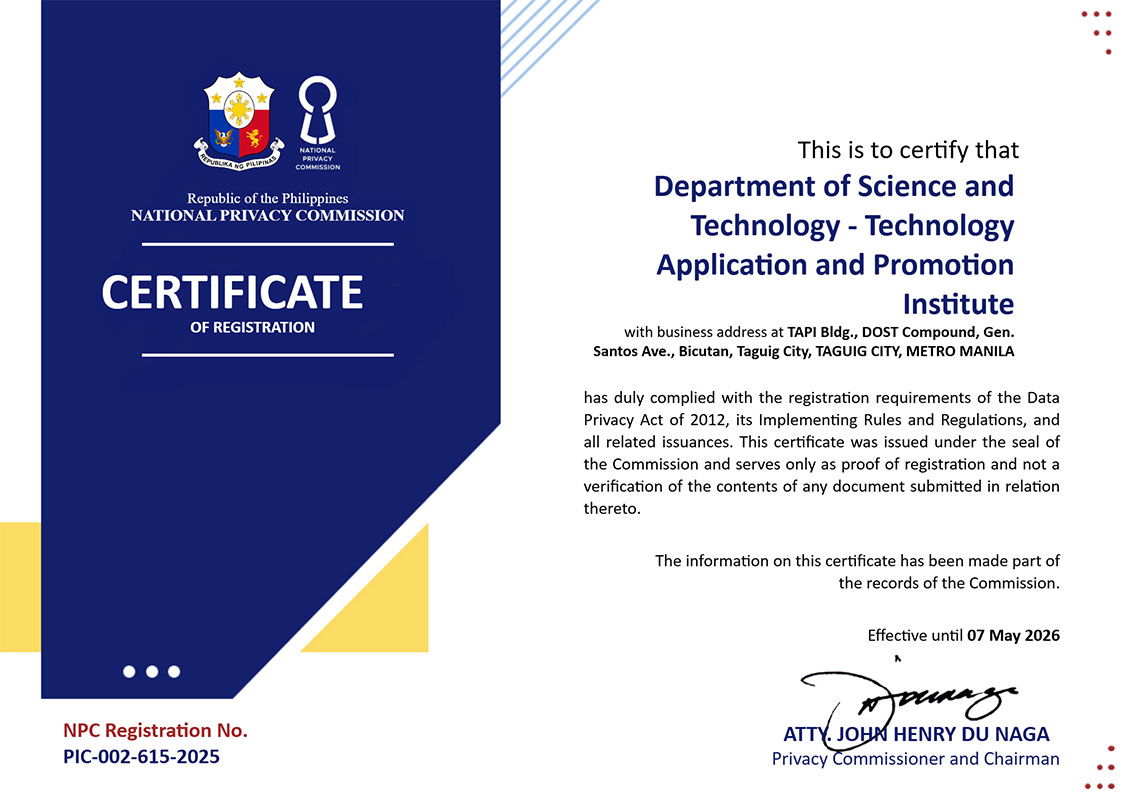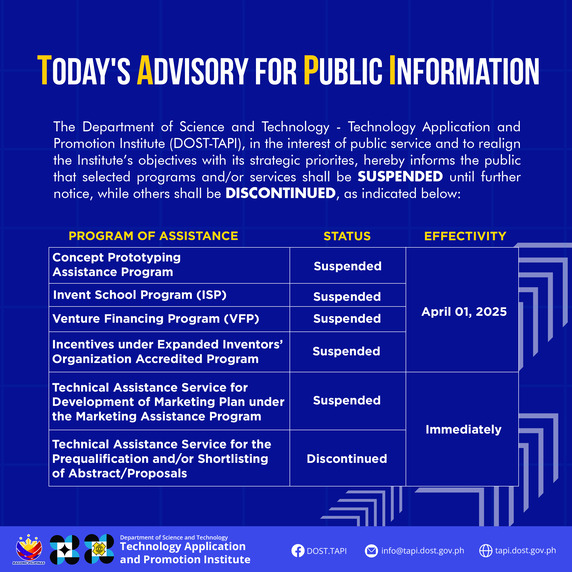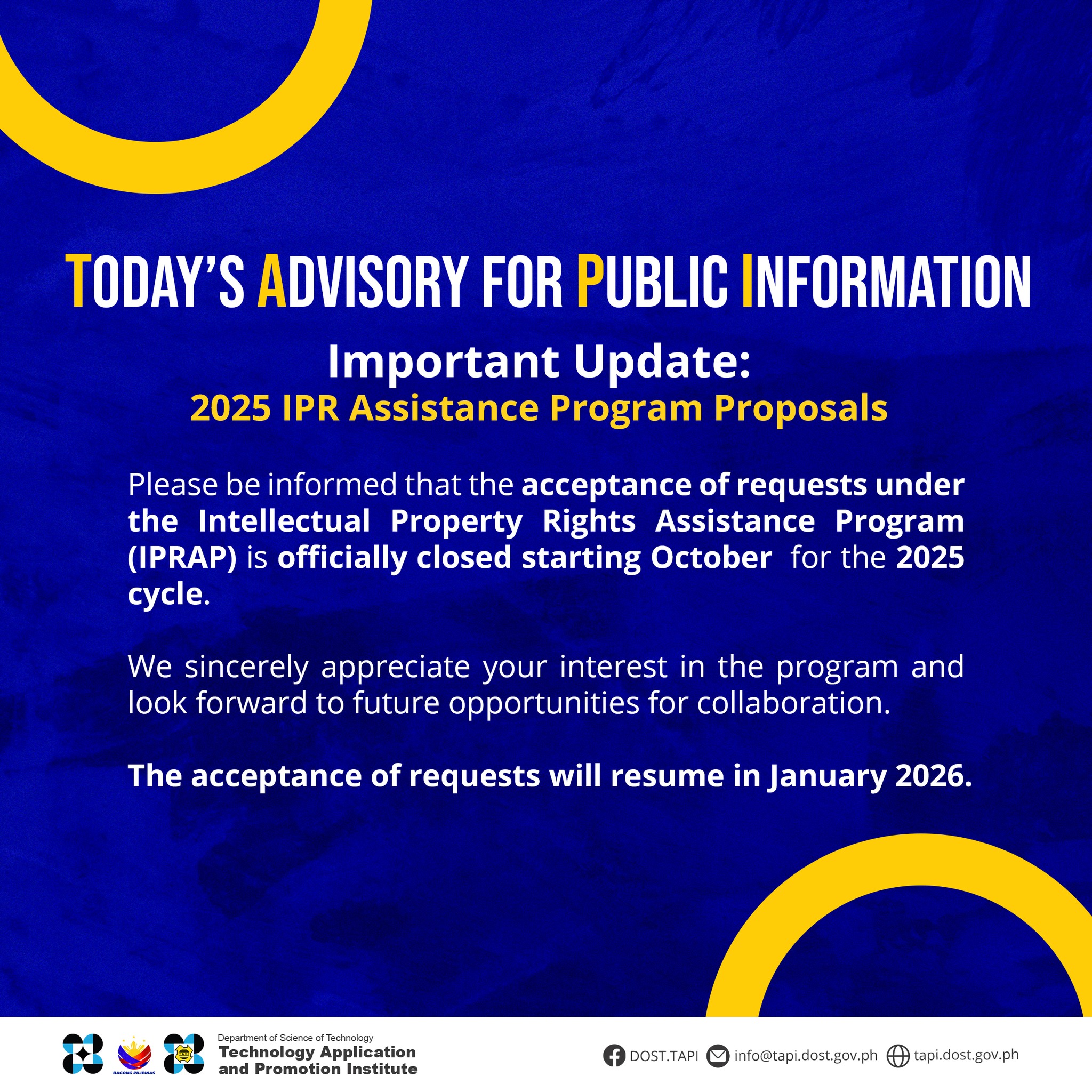- Details
By Matt Jerome Casequin

TAGUIG CITY – Anticipation fills the air as the Philippines prepares to celebrate its homegrown inventors and their groundbreaking creations. The National Inventions Contest and Exhibits (NICE) 2024, organized by the Technology Application and Promotion Institute (TAPI) of the Department of Science and Technology (DOST), is set to showcase the best of Filipino innovation. It's not just an event; it's a testament to Filipino creativity, resilience, and forward-thinking spirit.
Established under the Inventors and Invention Incentives Act of the Philippines, NICE champions the ingenuity of Filipino inventors, paving the way for advancements that shape the country's socio-economic landscape. From ingenious gadgets to revolutionary processes, NICE spotlights innovations poised to make a global impact.
The journey of NICE mirrors the evolution of Filipino innovation itself. Originally a physical event, like the memorable gathering at SMX Convention Center in 2020, where 66 finalists showcased their ingenuity to over a thousand eager visitors, NICE has adapted and thrived even amidst challenges. The pandemic prompted a shift to virtual platforms, where the spirit of innovation continued to shine bright through themes like #nicejuan and #nicejuana.
This year, NICE returns triumphantly to its physical roots, signaling a comeback filled with promise and possibility, with this year's theme — "Taking Nice Ideas to Nice Solutions". It's not just a return to in-person interactions but also a renaissance of ideas and collaborations.
“DOST-TAPI brings to the forefront the homegrown solutions developed by Filipinos. By championing current innovations we are simultaneously pushing for more solutions to be explored amidst the world’s growing problems”, Atty. Marion Ivy D. Decena, head of the institution said.

This year’s exhibit will feature technologies from the sectors of agriculture, food processing, electronics, manufacturing, environment, and even inclusivity, medical care, and tourism. At its core, NICE isn't just about inventions; it's a celebration of Filipino pride and resilience. It bridges the gap between abstract scientific concepts and everyday life, making innovation accessible and exciting for everyone. Moreover, it aims to build a strong community of innovation players by bringing them together in active discussion at NICE Talks and shedding light on the ideation to commercialization pathway.
Beyond the thrill of discovery and the prestige of awards, NICE serves a crucial role in science communication. Ms. Rodelia Padilla, Senior Science Research Specialist of the Technology Information and Promotion Division, DOST-TAPI, mentioned that the conduct of NICE fosters a culture where innovation isn't just admired but actively encouraged, inviting both the innovation community and the general public to marvel at what Filipino minds can achieve.
As the curtains rise on NICE 2024, the stage is set for a spectacle of creativity and determination. From the bustling exhibit floor to the insightful NICE Talks, and the prestigious award ceremonies, each moment underscores the importance of innovation in driving national progress.
Mark your calendars for an extraordinary journey from July 16, 2024, with our grand opening ceremony, to July 18, culminating in a prestigious awards event at the Manila Ballroom, Marriott Hotel on Newport Boulevard, Pasay City. Join us as we celebrate the power of ideas to change the world, one invention at a time. Experience firsthand the brilliance of Filipino inventors at NICE 2024.
- Details
by Elijah Daniel Espiritu
In the onset of modern agricultural challenges, where crop and environmental health impact balances itself on a tightrope, an innovative solution presents itself. WiltCure Biopesticide, the brainchild of Dr. Eufrocinio Dela Cruz Marfori, a career scientist from BIOTECH (UPLB), presents an environmentally friendly, organic, and sustainable solution to the agrarian concern of constant wilting of solanaceous crops due to a disease caused by the organism “Fusarium oxysporum”.

At present, the widely accepted solution for the Fusarium wilt involves heavy usage of synthetic chemicals that harm the environment, the farmers, and the plant consumers. However, Fusarium oxysporum has been observed to develop resistance against these synthetic chemicals rendering usual chemical pesticides ineffective due to constant exposure.
Wiltcure leverages organic materials to minimize crop and environmental impacts. Additionally, it prevents resistance in target organisms by ensuring the active ingredients are produced only during an actual attack.


